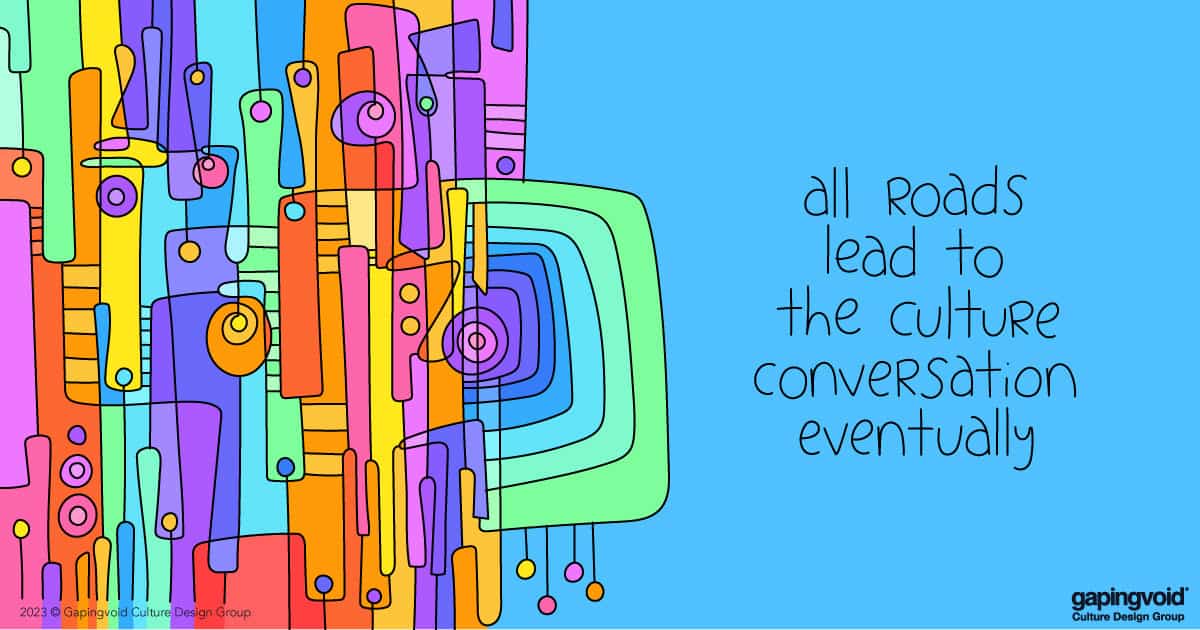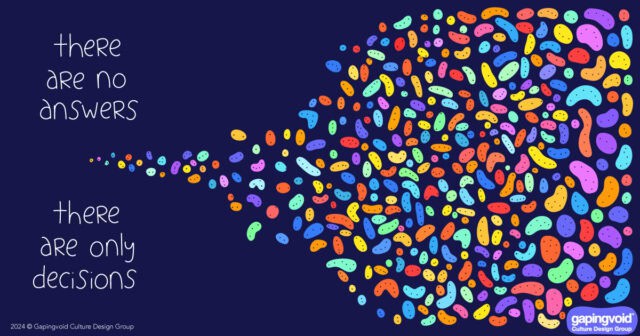
There’s one thing we hear repeatedly today, and it’s that “America is more divided than ever.”
That’s because much of the Western world is caught in a multifaceted culture clash.
But occasionally, even in this climate, certain issues cut through the division and inspire unity. One recent example is Congress’ unity over the fate of TikTok following the congressional testimony of TikTok’s CEO.
While actual wars are won or lost at the cultural level, cultural wars are won and lost at the level of narratives that shape worldviews. Those worldviews are the prize. They drive behavior and determine outcomes.
That’s possibly why Elon bought Twitter, and why social media censorship is such a hot-button issue. While some of the talk of banning TikTok is motivated by security and surveillance concerns, there are cultural concerns at play too. TikTok, a Chinese company, is subject to notorious government control. Is it possible that direct access to the minds of Americans on a platform with a highly addictive algorithm will lead to some sort of malicious scenario? Maybe not, but many high schools and even colleges are already saying “no.”
Congress fears the cultural consequences of allowing the CPC’s unfettered access to the data and attention of 150 million Americans.
Whether this is about security, culture, or both, Congress seems to be in surprising and uncharacteristic agreement that it is a battle worth fighting. Could this set the stage for unified Congressional action in the future? Probably not, but this is likely the best chance there’s going to be for a long time to establish some measure of unity. As the famous WW1 Christmas truce shows us, even vehement enemies can become temporary friends with the right mix of belonging cues.



